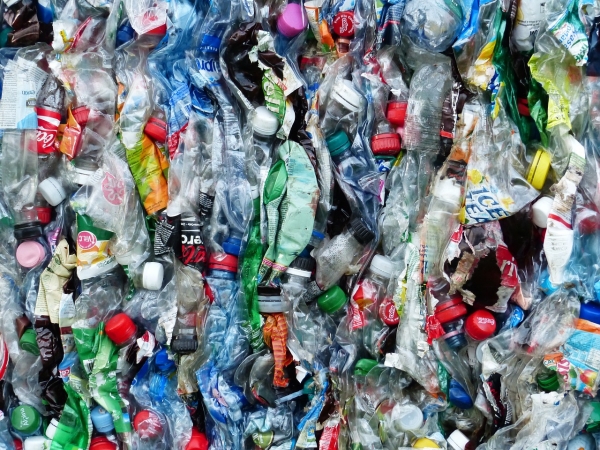Researchers from the Oxford Martin Programme on the Future of Plastics, University of Oxford, have outlined ambitious targets to help deliver a sustainable and net zero plastic economy. In a paper published this week in Nature, the authors argue for a rethinking of the technical, economic, and policy paradigms that have entrenched the status-quo, one of rising carbon emissions and uncontrolled pollution.
Currently the global plastics system results in over 1 gigatonnes per year of carbon dioxide equivalent emissions which is the same as the total combined emissions of Europe’s three largest economies (UK, Germany and France). If left unchecked, these emissions could rise to 4-5 gigatonnes per year and intensify other forms of pollution. Another problem is the lack of effective recycling – in 2019, only 9% of the world's plastic waste was turned into new products through mechanical recycling. The majority ended up in landfills or was incinerated, and a significant proportion was mismanaged, ending up polluting terrestrial and marine ecosystems.
The authors analyse the current and future global plastics system, proposing technical, legal, and economic interventions from now until 2050 to allow it to transition to net zero emissions and to reduce other negative environmental impacts.
Read more at University of Oxford
Photo Credit: Hans via Pixabay


